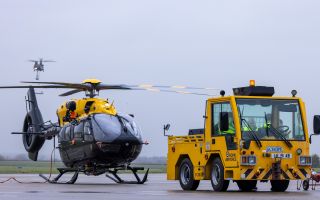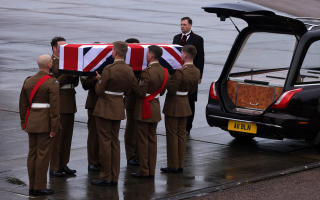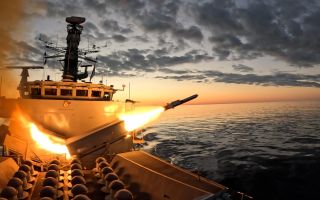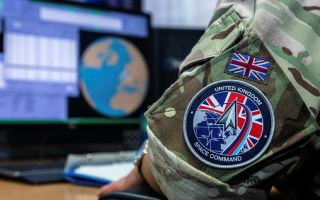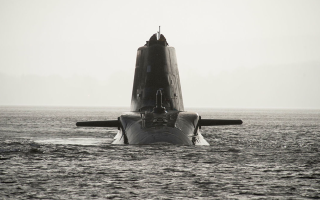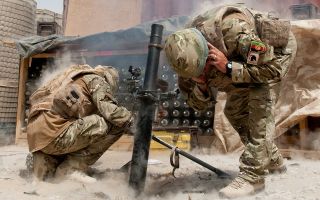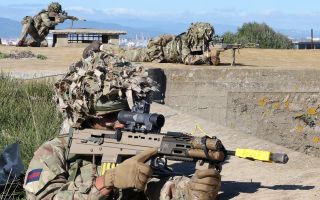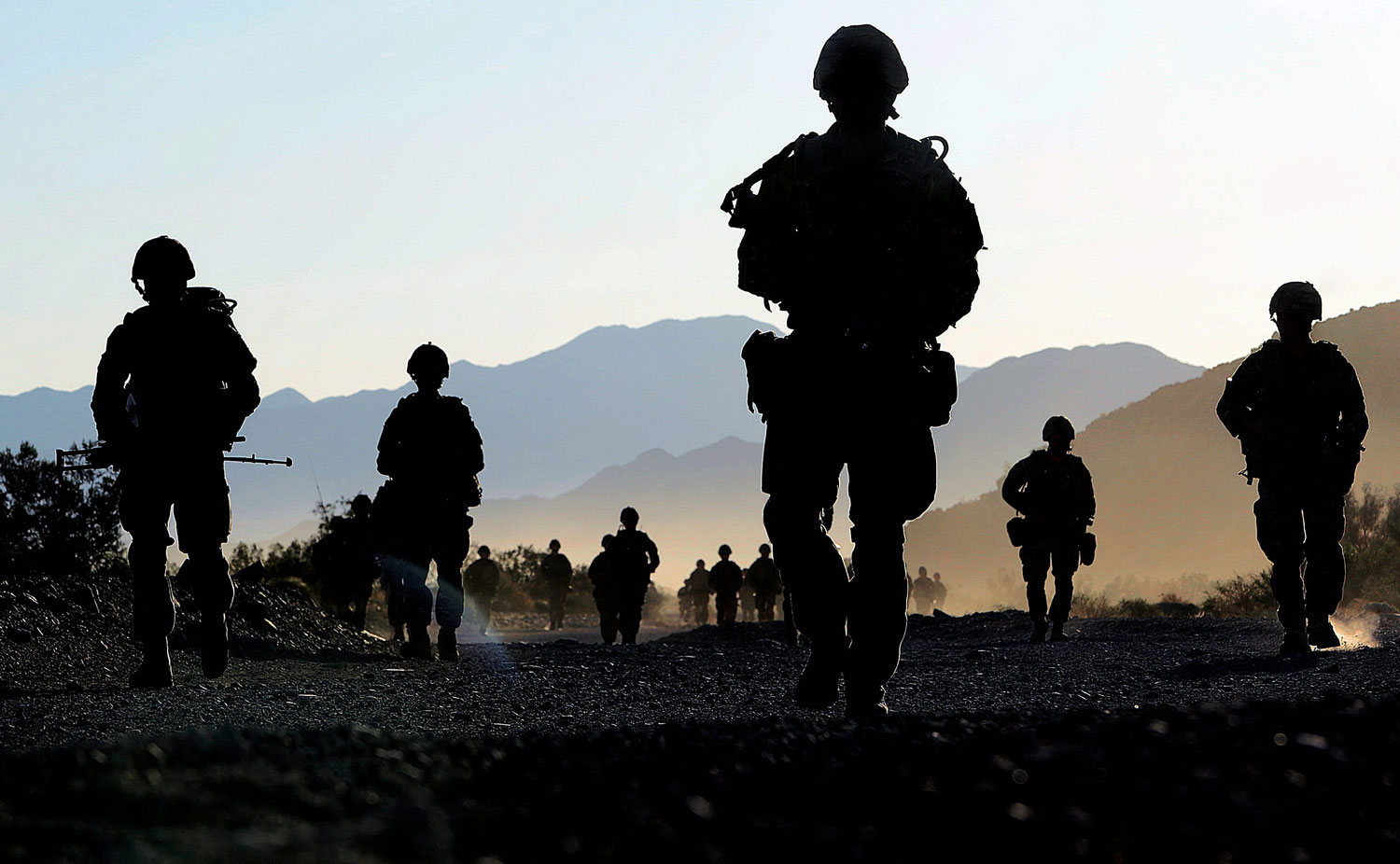
Tri-Service
Reports: Daesh Facing Double Strike By UK Special Forces

British Special Forces troops are reportedly preparing to launch a two-pronged attack against Daesh in Iraq and Libya in the coming weeks.
Several hundred SAS and SBS personnel are in the two countries, according to the Daily Mirror, and have now joined up with their French and US counterparts.
It comes after US B-52 Stratofortress long-range heavy bombers arrived in Qatar to join the fight against Daesh.
US B-52 Stratofortresses arriving in Qatar
Special Forces are said to have carried out missions in Iraq for years, with sources now reportedly saying the SAS is set to lead around 70,000 Iraqi and Kurdish troops in an assault on the Daesh-held northern Iraqi city of Mosul.
Ground teams equipped with emergency chemical warfare clothing will help co-ordinate B-52 attacks and report on bomb damage, while RAF Tornado and Typhoon jets will fly from Cyprus to hit fleeing vehicles and stop reinforcements arriving, according to the newspaper.
It's also hoped the attack could cut Daesh forces off from their Syrian stronghold in Raqqa. A senior source is reported as saying:
"Our people [UK Special Forces] have been at the forefront in dismantling IS across northern Iraq and Syria and are already preparing the ground for the battle to recapture Mosul."
Meanwhile British SBS commandos, who are said to have been in Libya for a number of months, will reportedly co-ordinate assaults against Daesh, identifying targets for Predator drone strikes and F-15 Strike Eagle fighters.
Daesh has over 5,000 fighters in the Libyan coastal city of Sirte and has attacked oilfields.
The simultaneous attacks on Iraq and Libya are said to be designed to cause maximum impact and disruption as well as to capitalise on Daesh losses in northern Iraq. A senior source reportedly said:
"The coalition air campaign is crushing Islamic State. The aim now is to get into Mosul, capture Raqqa and at the same time strike at Sirte in Libya, so there is no escape."
It comes after the Foreign Secretary said British ground combat troops could be sent to Libya in the future.
Philip Hammond told The Sunday Telegraph he cannot "rule anything out" as he does not know how the situation in the north African country will evolve.
But he insisted that the question of British ground, sea or air power taking action in Libya would be put to MPs.
Mr Hammond said the southern Mediterranean was an important security interest as terrorists established there would be a threat to all of Europe, including the UK. Discussing the possibility of ground combat troops going to the country, he said:
"It wouldn't make sense to rule anything out. But if there were ever any question of a British combat role in any form - ground, sea or air - that would go to the House of Commons."
He also highlighted the closeness of Libya to the outer borders of Europe - he said it was 100 miles from Libya to the Italian island of Lampedusa which is the first stop for many migrants when they arrive to the continent. He said:
"If Daesh became established in Libya and sought to use that established base to infiltrate terrorists into Europe, that would be a threat to all of us."
Mr Hammond added that he knew the new Libyan government would be cautious about requesting Western military support but if it did, the government would consider it. An MOD spokesperson, meanwhile, said:
"The UK continues to work with international partners on how best to support the new Libyan government.
"All planning has been focussed on training Libyan Security Forces to provide their own security to the government and Libyan people. No decisions have been made about the future deployment of any British military forces."
But Tory chairman of the Foreign Affairs Committee, Crispin Blunt, warned that transparency about British deployments should be more important than the government's "curious" conditions for needing a parliamentary approval.
He said: "The British government needs to take Parliament with it.
"I think Parliament will be quite sympathetic to the challenges the government faces but if we're not told anything and we're given a concept of operations which looks pretty dangerous, and just around the ground element, then I think the government could find itself getting into unnecessary trouble."
He added: "I think the more transparent the government can be about the challenge it faces in trying to take Parliament and the public with it in getting a sensible strategy here, acknowledging that they've got to work with the international community, I think that would be better rather than these rather curious and difficult nostrums about when and when not parliamentary authority is required."


